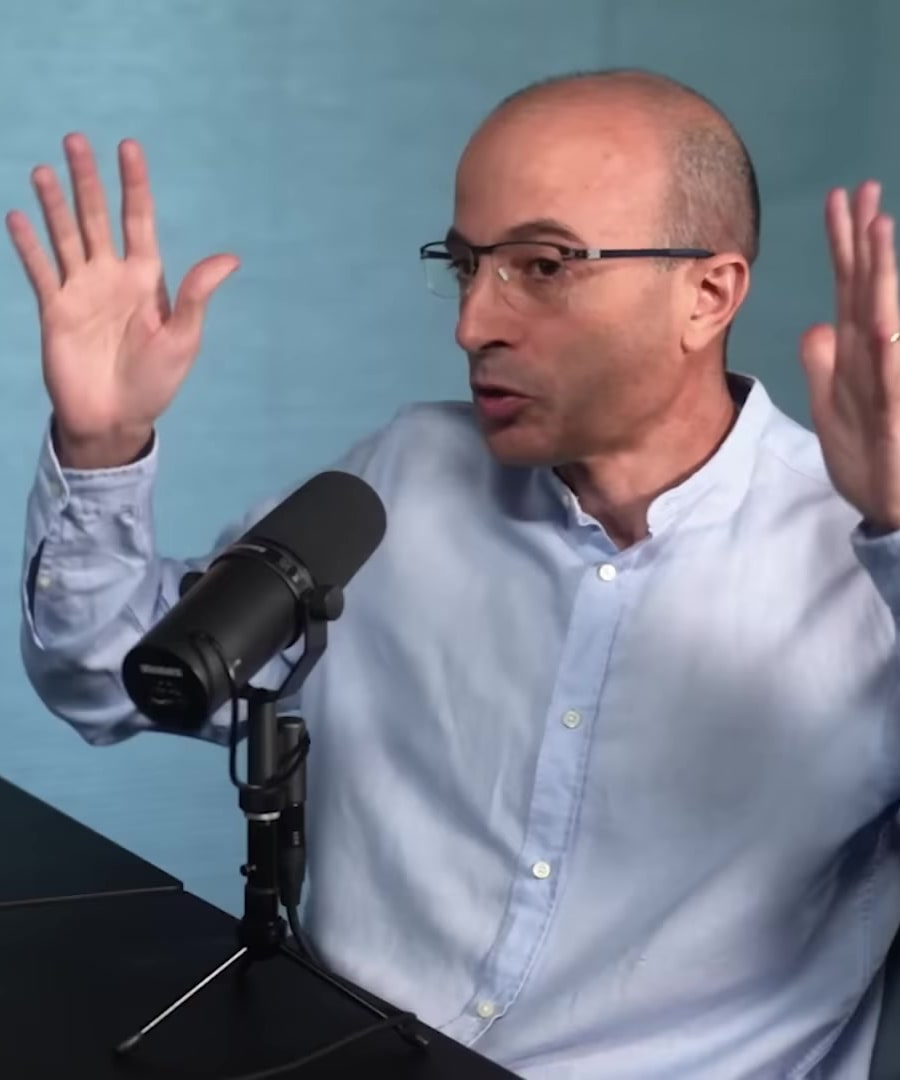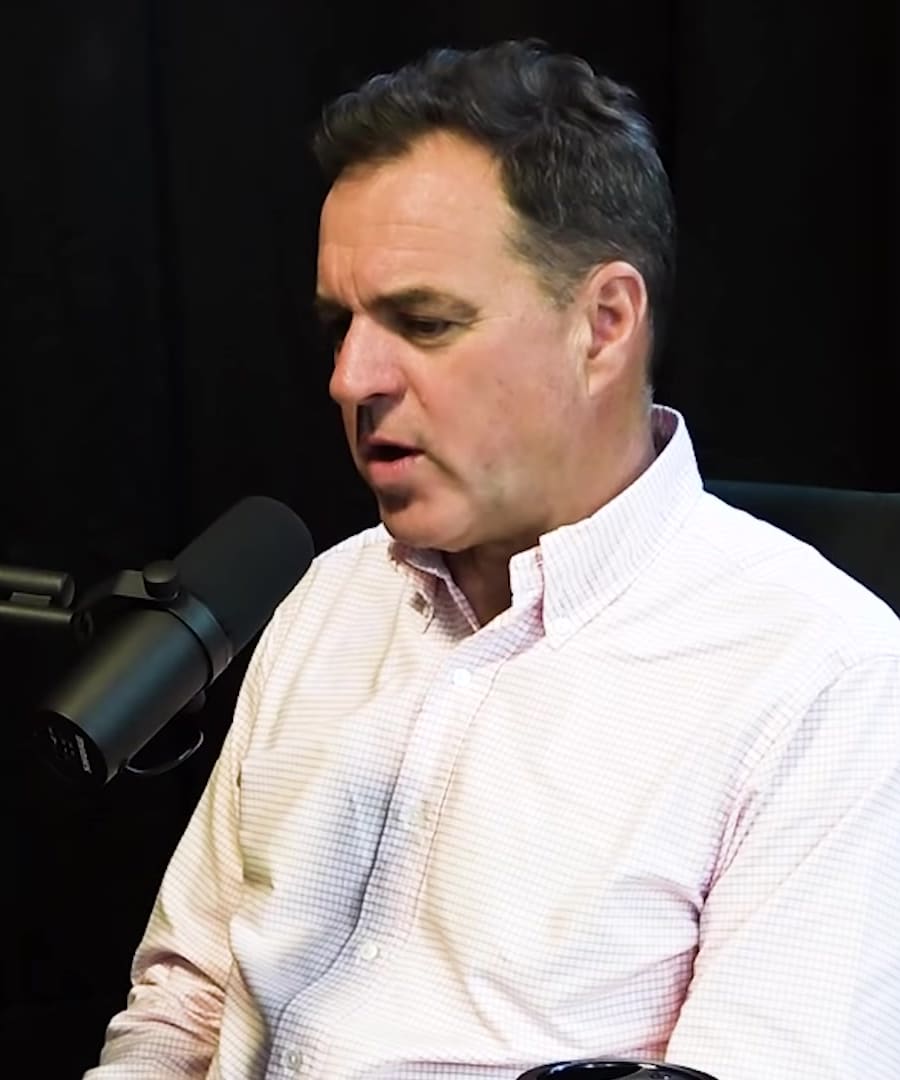Human history
Sources:
Here are some insights about human history from various discussions on the :
-
Visualization of Human History: Tim Urban uses an analogy of a 1000-page book where 950 pages cover the life of hunter-gatherers, emphasizing that significant events only occur in the last 25 pages. This perspective shows how recent recorded history is relative to the entirety of human existence and highlights how little we know about prehistoric life 1.
-
The Power of Stories: Yuval Noah Harari discusses how stories drive human behavior and history. He argues that while stories shape our reality and can move nations, they are not the ultimate reality because they do not possess consciousness or the ability to feel, unlike humans and animals. This highlights the significant influence of narratives on human actions and societal developments 2.
-
Human Coordination and Evolution: Daniel Schmachtenberger emphasizes the role of coordination in human evolution. He explains that humans have always depended on each other for survival, with our advanced capacities for abstract thinking and tool-making setting us apart. Coordination is fundamental to human development and possibly consciousness itself 3.
-
The Constant Human Element: Dan Carlin points out that while history does not repeat exactly, it often rhymes due to the consistent nature of human motivations such as love, hate, and greed. By studying historical human responses to different stimuli, we can gain insights into our inherent nature and behavior over time 4.
-
Preserving Civilization: Niall Ferguson stresses the fragility of civilization and the responsibility to preserve it. He notes that understanding and applying historical lessons are crucial in maintaining the quality of life and preventing societal collapse. This highlights the importance of historical knowledge in informing present decisions 5.
These discussions reflect a deep exploration of human history through different lenses, emphasizing the importance of understanding our past to navigate the present and future.
RELATED QUESTIONS-




